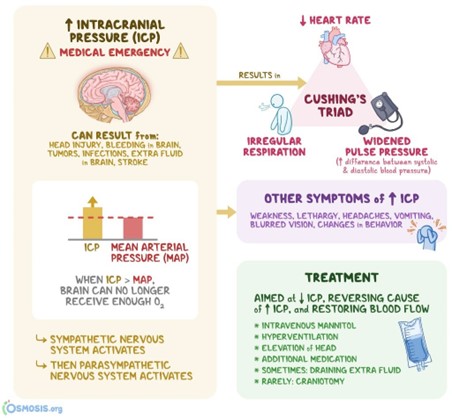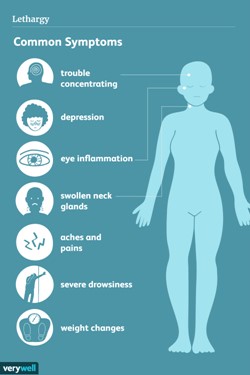A nurse is caring for a client who has osteoporosis and is taking calcium carbonate. The nurse should monitor the client for which of the following adverse effects?
Urinary retention
Tinnitus
Flank pain
Bradycardia
The Correct Answer is C
The nurse should monitor the client for flank pain as an adverse effect of taking calcium carbonate. Calcium carbonate is a calcium supplement used to prevent or treat a calcium deficiency¹. One of the side effects of calcium carbonate is the formation of kidney stones, which can cause flank pain².
a. Urinary retention is not a common adverse effect of calcium carbonate.
b. Tinnitus is not a common adverse effect of calcium carbonate.
d. Bradycardia is not a common adverse effect of calcium carbonate.
Nursing Test Bank
Naxlex Comprehensive Predictor Exams
Related Questions
Correct Answer is C
Explanation
An appropriate nursing action for a client who is restless following a traumatic brain injury with increased intracranial pressure is to reduce stimuli. This can help calm the client and prevent further increases in intracranial pressure. The nurse can reduce stimuli by minimizing noise and light in the client's environment and limiting the number of visitors.
Administering opioids, applying restraints, and blackening the room are not appropriate nursing actions for this situation. Administering opioids can cause respiratory depression and is not recommended for clients with increased intracranial pressure. Applying restraints can increase agitation and is not recommended for clients who are restless. Blackening the room can disorient the client and is not recommended.

Correct Answer is D
Explanation
The nurse should monitor the client for lethargy as a manifestation of increased intracranial pressure. Increased intracranial pressure (ICP) is a rise in pressure around the brain that can occur due to various reasons such as brain injury, bleeding into the brain, swelling in the brain, or an increase in cerebrospinal fluid. Lethargy (feeling less alert than usual) is a common symptom of increased ICP.
a. Nuchal rigidity is not a common symptom of increased ICP.
b. Batle's sign is not a common symptom of increased ICP.
c. Polyuria is not a common symptom of increased ICP.

Whether you are a student looking to ace your exams or a practicing nurse seeking to enhance your expertise , our nursing education contents will empower you with the confidence and competence to make a difference in the lives of patients and become a respected leader in the healthcare field.
Visit Naxlex, invest in your future and unlock endless possibilities with our unparalleled nursing education contents today
Report Wrong Answer on the Current Question
Do you disagree with the answer? If yes, what is your expected answer? Explain.
Kindly be descriptive with the issue you are facing.
